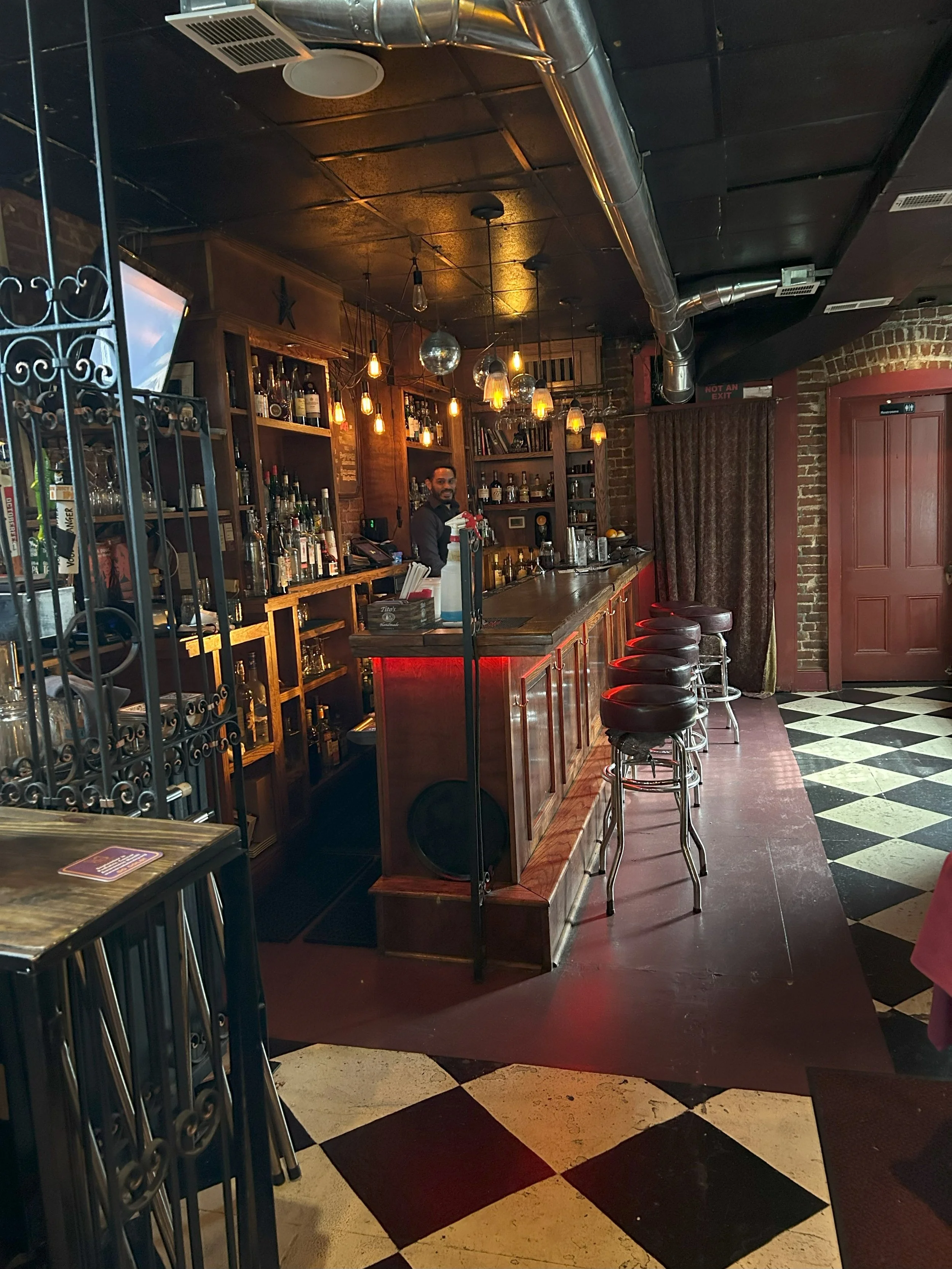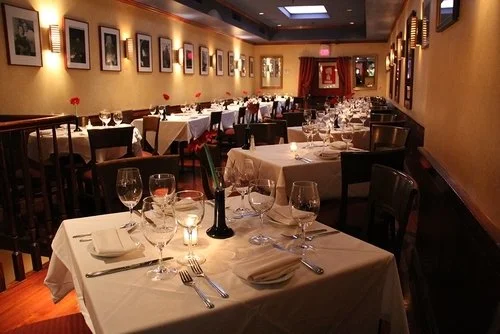Great Falls at Duke Farms
The former Doris Duke estate near Somerville, now known as Duke Farms, holds a unique place among New Jersey visitation sites because, rather than growing crops in the traditional sense, the farm serves as a “living lab and research institute … dedicated to sustainable nature restoration.” In other words, behind-the-scenes experimentation rules the day here.
We roam freely among its 2,700 acres, beginning at the massive visitors’ center that once stabled thoroughbreds. Continuing past a hay barn and orchid greenhouse, we follow the sound of the falls, to where the river flows over the lip of a steep decline, tumbling against artfully arranged boulders and generating frothy swirls of water.
Doris Duke’s father, James Buchanan Duke, purchased this New Jersey tract of land along the Raritan River in the late 1800s and, using his hydroelectric expertise, formed several lakes on the property, all aerated by the Great Falls.
The falls were not J. B. Duke’s only water marvel. In addition to gaining a quasi-monopoly in the tobacco industry through automated cigarette-rolling machines, Duke also pioneered hydroelectric power in the South (along with founding Duke University).
The falls stay dry except for four ten-minute intervals during each day when they come to life, flushing out the lakes and keeping them fresh. According to an employee we talk to at the visitors’ center, the Great Falls receives no maintenance yet has run continuously (except for a few spells of drought) for over 100 years.
We time our 1.5-mile walk to the Great Falls and arrive ten minutes before it starts up, water cascading down stepped blocks. This remains one of the more unique sites we have visited.
Somerville County Courthouse Green
Somerville rose as the county seat for Somerset County because of its proximity to the Raritan River. The Somerville County Courthouse Green hosts two buildings of architectural interest—the marble courthouse and adjoining Dutch Reformed Church, built in the English gothic style, now used as the jury waiting room.
Both structures are closed to casual visiting, but we take a few minutes to explore the grounds before heading to dinner.
1933 Room and Verve Restaurant
Verve, directly across from the courthouse on Main Street, serves dinner French-bistro style. It has always been one of our favorite restaurants, with a lively bar scene up front and a more intimate dining room in back. Upstairs, though, sits a speakeasy, the 1933 Room, so called because, according to local legend, politicians from the courthouse across the street raced over here for their first legal drink when Prohibition ended in 1933




